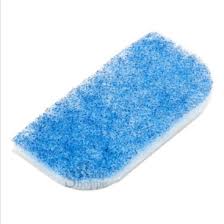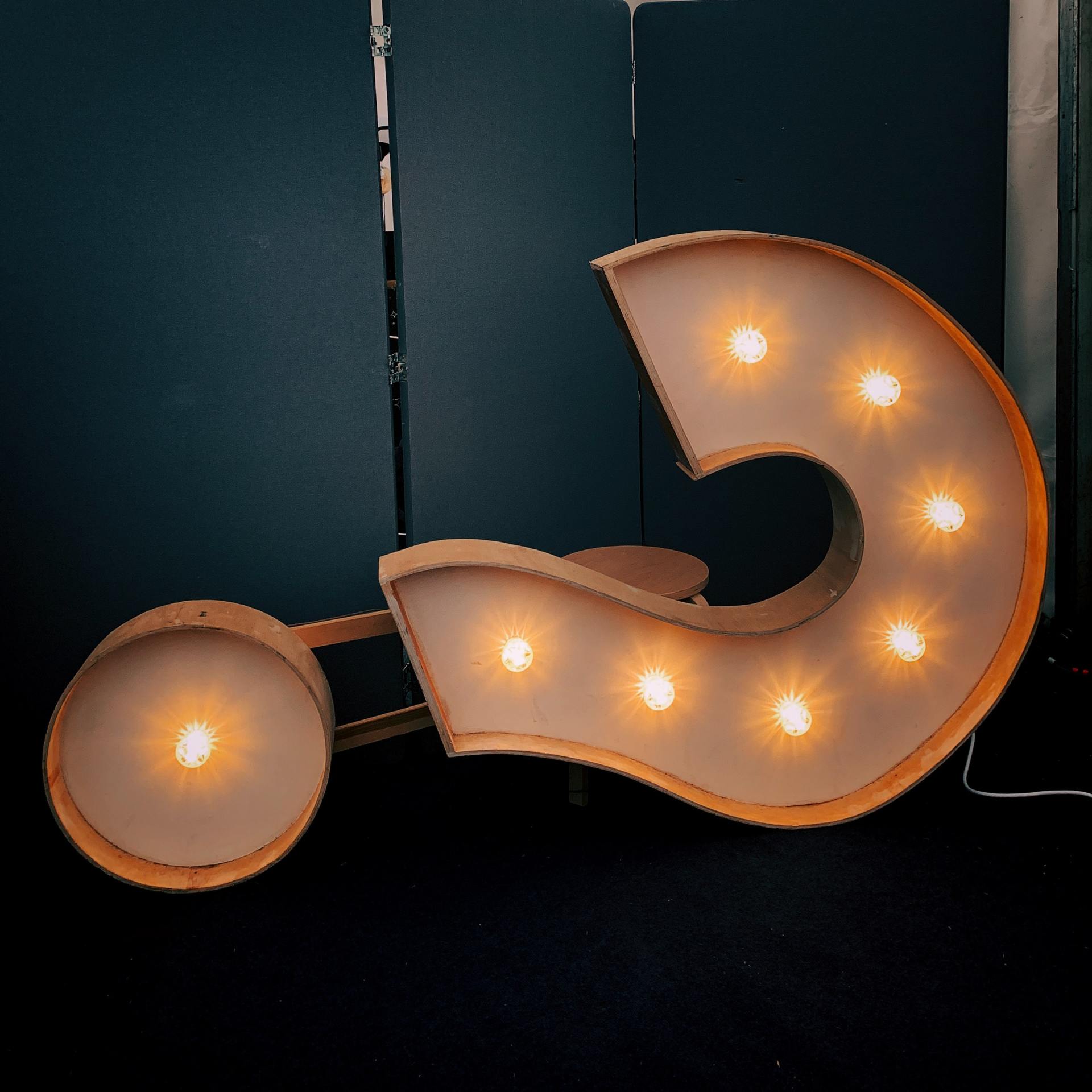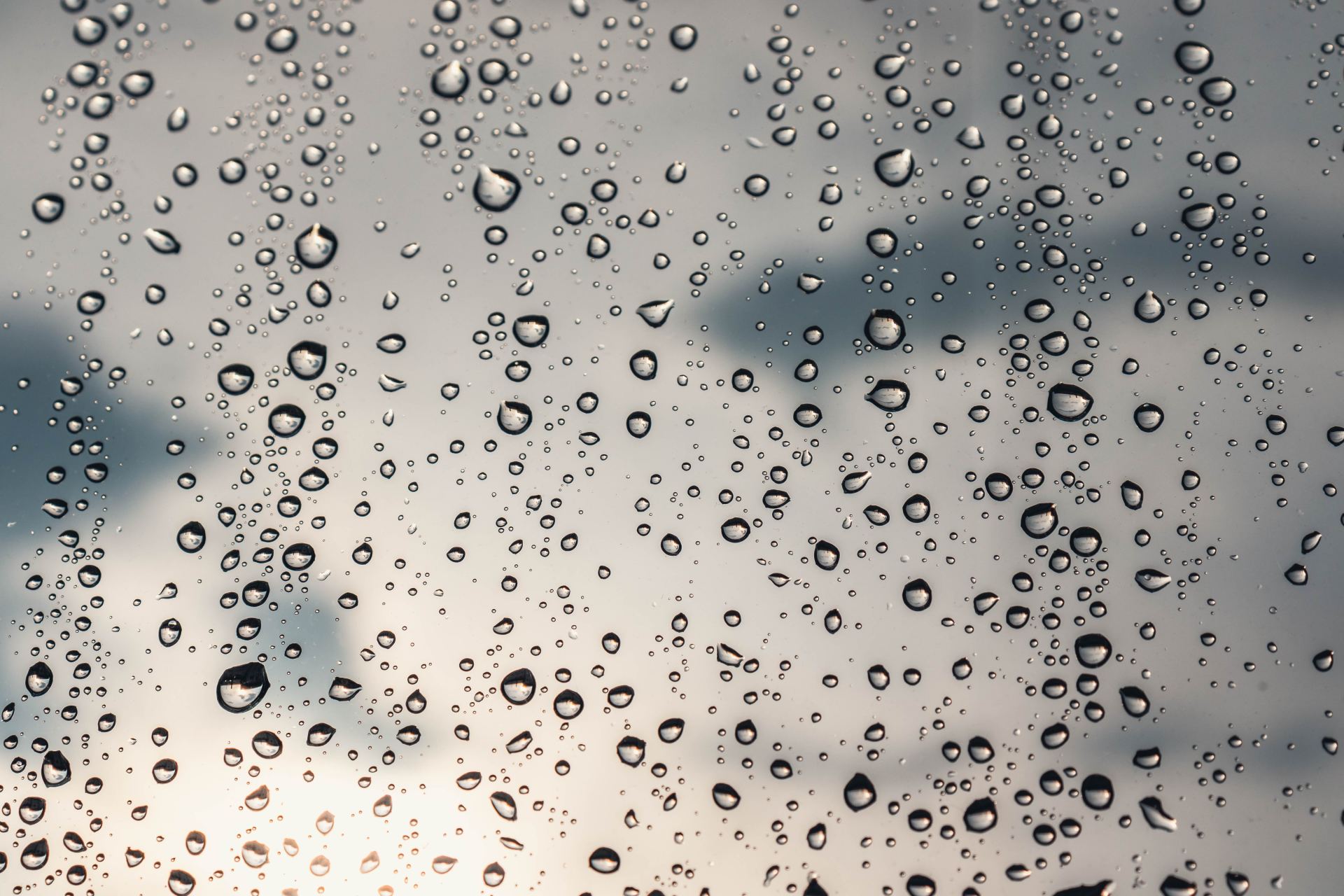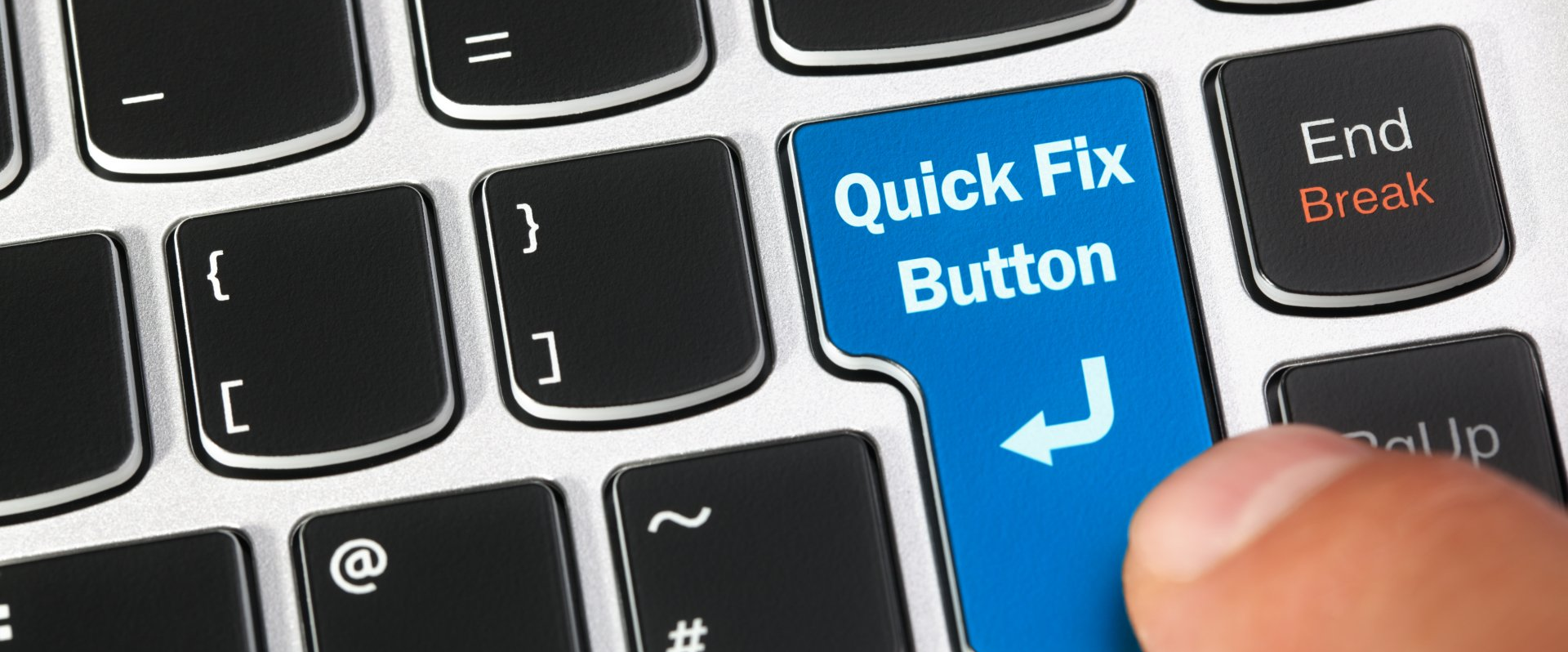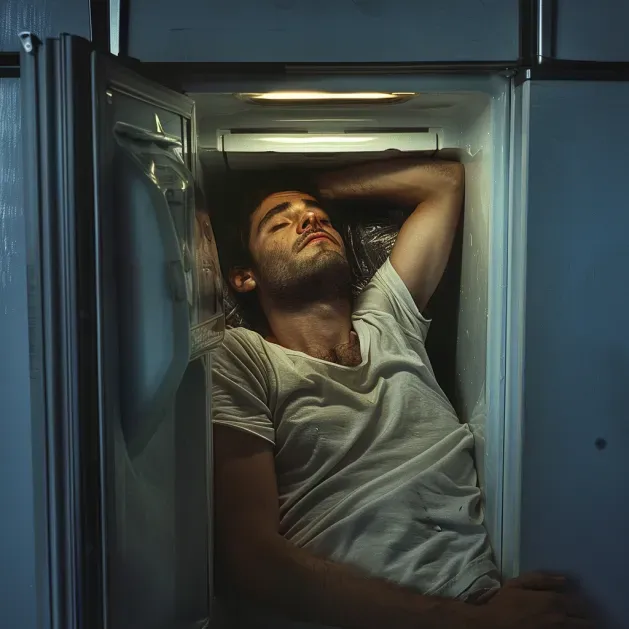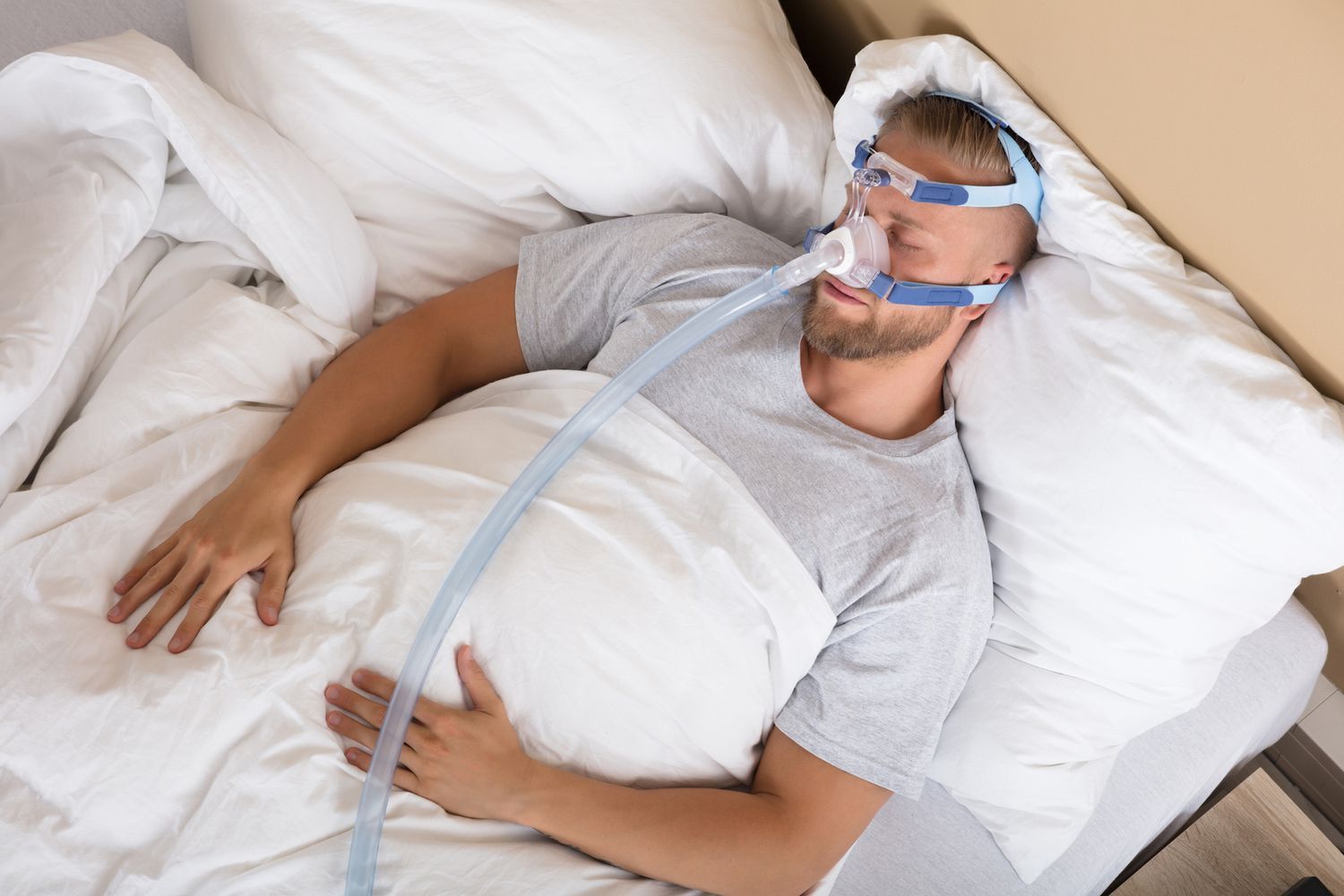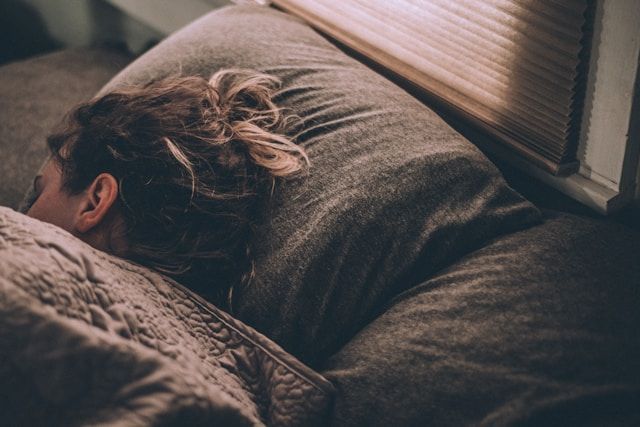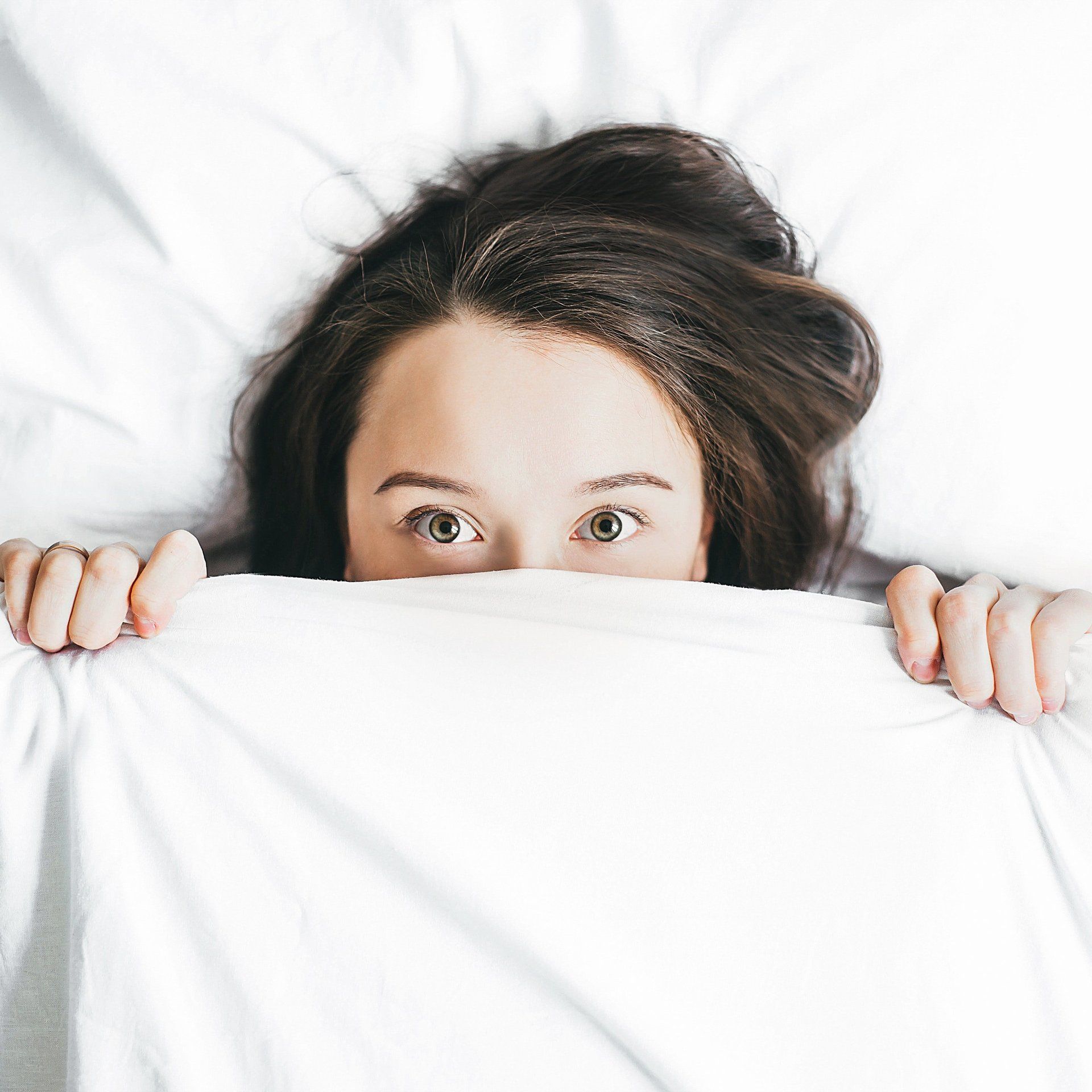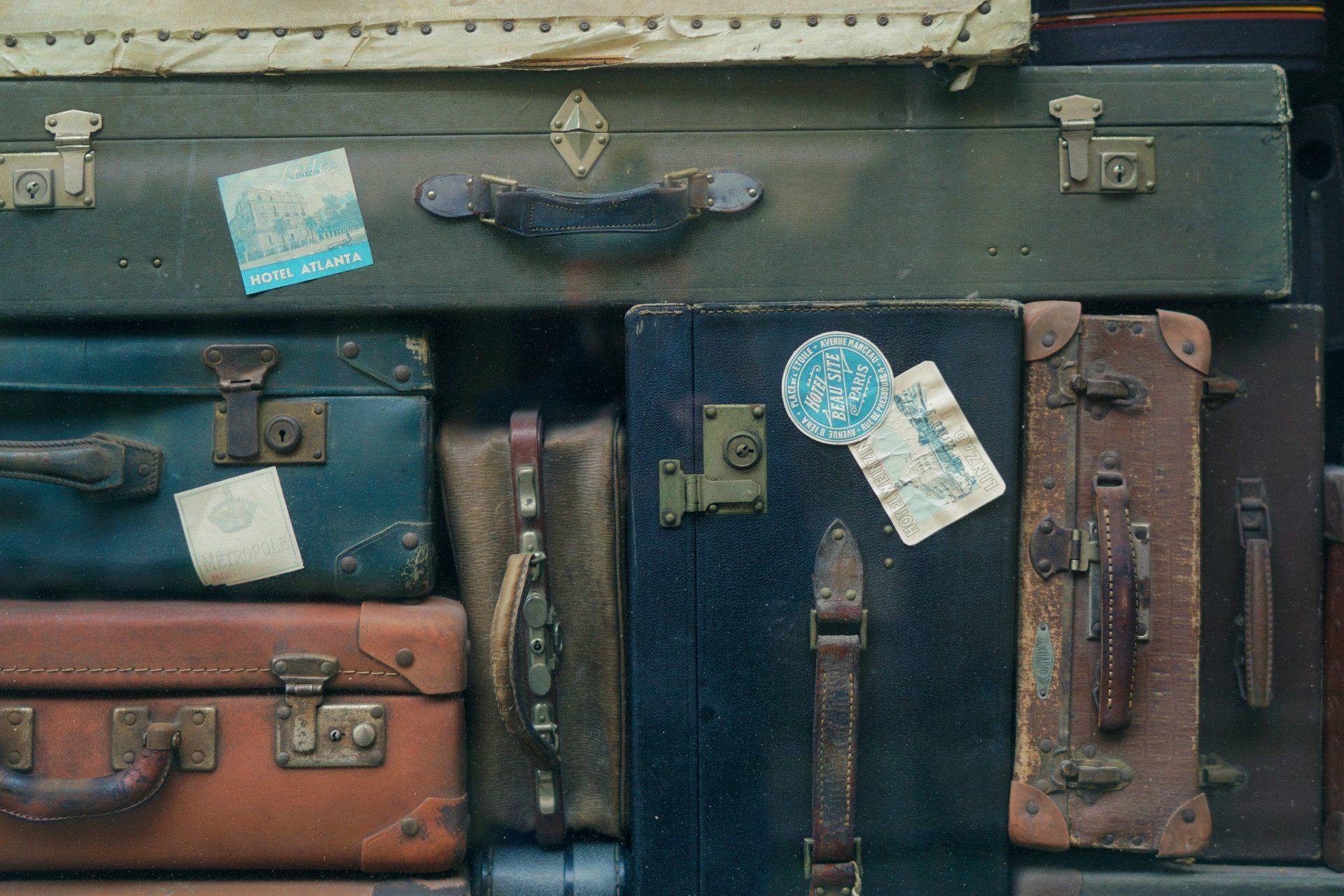Welcome to Our Blog.
Common CPAP Issues & How to Resolve Them.
If you have ever worked in a sleep lab you know there was never a shortage of patients that had a lot of issues getting acclimated to a cpap for the first time. A lot of those patients continued to have issues with their CPAP once they got home.
Current research estimates that the compliance rate for CPAP (how many people use CPAP more than a few months) is approximately <60 percent, one common explanation as to why that percentage is so low is that patients continue to have a lot of CPAP issues at home and don’t know who to ask to resolve them. Here are 5 common CPAP issues and how to resolve them:
1. How do I get used to wearing a CPAP mask?/I’ll never get used to wearing a CPAP mask.
Take baby steps getting accustomed to your mask!
Try wearing the mask during the day when you're watching TV or reading a book. Sometimes simply wearing the mask while you're cooking or even surfing the Internet can help you get used to wearing it at night.
Once you become accustomed to how the mask feels on your face, start wearing the CPAP mask every time you sleep at night, even during naps.
2. My CPAP mask is uncomfortable to wear at night
Ask your doctor, sleep tech, or CPAP supplier/DME to show you how to your mask is supposed to fit, check the manufacturers patients instructions online.
The key to this is no matter your issue there are 100’s of different styles of masks available, you might have to try a couple different masks until you find the one you are comfortable with. Here is a link to the different types of masks that are available at positivesleepsolutions.com http://c7040b26.sitemodify.com/store1/CPAP-Masks-c32194217
3. I can't tolerate the forced air that well.
Most CPAP machines are equipped with what’s called a “ramp” feature.
The "ramp" feature allows you to start with low air pressure, which is then followed by an automatic, gradual increase that eventually sets itself to the pressure you were prescribed by your doctor. The rate of this "ramp" feature can be adjusted by your doctor as well.
If your issues continue consult with your physician about a bipap machine.
4. My nose is running or stuffy after I wear my CPAP mask! My nose is clogged and I can’t breathe in or out with the pressure on!
First, check if your CPAP device comes with a heated humidifer. Usually these symptoms can be alleviated by the use of a humidifier. If your machine does not have one, consider getting one that allows you to adjust the level of humidification.
Consider using a nasal saline spray at bedtime to prevent your nose from over drying/clogged. And finally, make sure that your mask is actually fitting well-even the smallest leaks can contribute to your dry nose.
5. Why do I have dry mouth after wearing my CPAP mask?
If you breathe through your mouth at night or sleep with your mouth open, CPAP may worsen dry mouth. A chin strap may help keep your mouth closed and reduce the air leak if you wear a nasal mask. Another common issue is your pressure may be too high and you may need your machine adjusted by your CPAP provider, ordering doctor.
But once again, make sure that you're wearing the right kind of mask and try adjusting your CPAP machine's heated humidifier to see if that helps.

